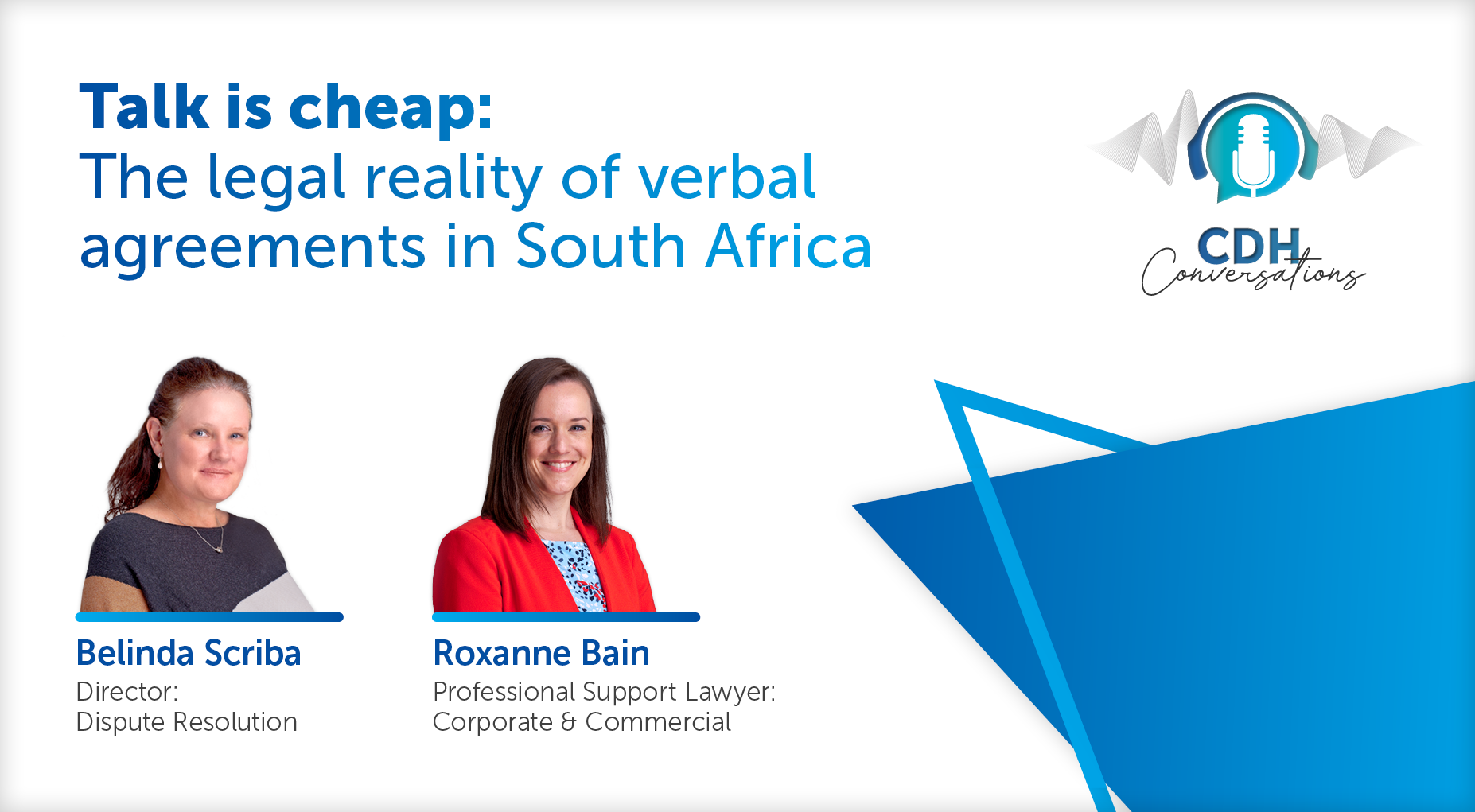Creditors v fraudsters – the gloves come off
The SAFPS is a credit bureau tasked with the obligation to combat fraud in commerce. As a credit bureau, it is regulated by the National Credit Act, No 34 of 2005 (NCA). In this case the National Credit Regulator (NCR) alleged that the SAFPS was in contravention of s70(2)(f) of the NCA, read with regulation 17. In terms of s70(2)(f), SAFPS is required to promptly expunge from its records any prescribed consumer credit information that, in terms of the regulations, is not permitted to be entered in its records or is required to be removed from its records. The NCR contended that the SAFPS was retaining information, which NCR regarded as consumer credit information; more specifically the adverse classification of consumer behaviour, for longer than one year as prescribed in regulation 17.
In terms of the agreement between SAFPS and its members, each member agrees that all fraud detected by it during the normal course of its business will be filed in the SAFPS’s database within two business days of the fraud being detected. The NCR therefore contended that the information obtained by SAFPS from its members constitutes consumer credit information as defined in s70(1) of the NCA. Conversely, SAFPS contended that a listing relating to fraud or suspected fraud constitutes other information, ie fraud information as envisaged in s70(3)(a) of the NCA and therefore falls outside of the ambit of s70(1).
Regulation 18(6) stipulates that in addition to the consumer credit information contemplated in s70(1), a registered credit bureau may receive, compile and report information in respect of consumer information that is relevant for the purpose of credit fraud detection and prevention. The NCR contended that such information constitutes an adverse classification of consumer behaviour and should therefore be expunged within one year of the listing.
The SCA disagreed with the NCR and held that, an adverse classification of consumer behaviour is a subjective classification of consumer behaviour that is directed at the behaviours of the consumer once credit has been advanced rather than behaviour aimed at defrauding a credit provider in a prospective credit application. An adverse classification by a credit provider such as ‘delinquent’ or ‘non-paying’ is entirely subjective and based on the classifier’s own observations or preferences which may be viewed differently by another creditor and for that reason such classifications warrant being retained for a shorter period.
On the other hand, fraud listings on the SAFPS database are generally classified on the basis of facts and objective criteria, for example, supplying a false identity document. The court acceded to the fact that recording and making available fraud information is a proper function of a credit bureau. Further, the SCA held that there is nothing in regulation 17 that suggests that fraud information may only be retained for a limited period.
Should the SAFPS be compelled to expunge fraud information from its database within a year, it would undoubtedly undermine the ability of the financial industry to protect itself against fraud and in doing so, protect fraudsters and not the victims of fraud.
As the court emphasised, there is absolutely no reason why such benevolence of expunging fraud information from the SAFPS database within one year must be afforded to fraudsters when it is withheld from rehabilitated insolvents whose listings are only expunged after a period of ten years. Applying the NCA with the effect of protecting fraudsters is untenable and patently insensible in light of the aim and purport of the NCA.
The information and material published on this website is provided for general purposes only and does not constitute legal advice. We make every effort to ensure that the content is updated regularly and to offer the most current and accurate information. Please consult one of our lawyers on any specific legal problem or matter. We accept no responsibility for any loss or damage, whether direct or consequential, which may arise from reliance on the information contained in these pages. Please refer to our full terms and conditions. Copyright © 2026 Cliffe Dekker Hofmeyr. All rights reserved. For permission to reproduce an article or publication, please contact us cliffedekkerhofmeyr@cdhlegal.com.
Subscribe
We support our clients’ strategic and operational needs by offering innovative, integrated and high quality thought leadership. To stay up to date on the latest legal developments that may potentially impact your business, subscribe to our alerts, seminar and webinar invitations.
Subscribe



